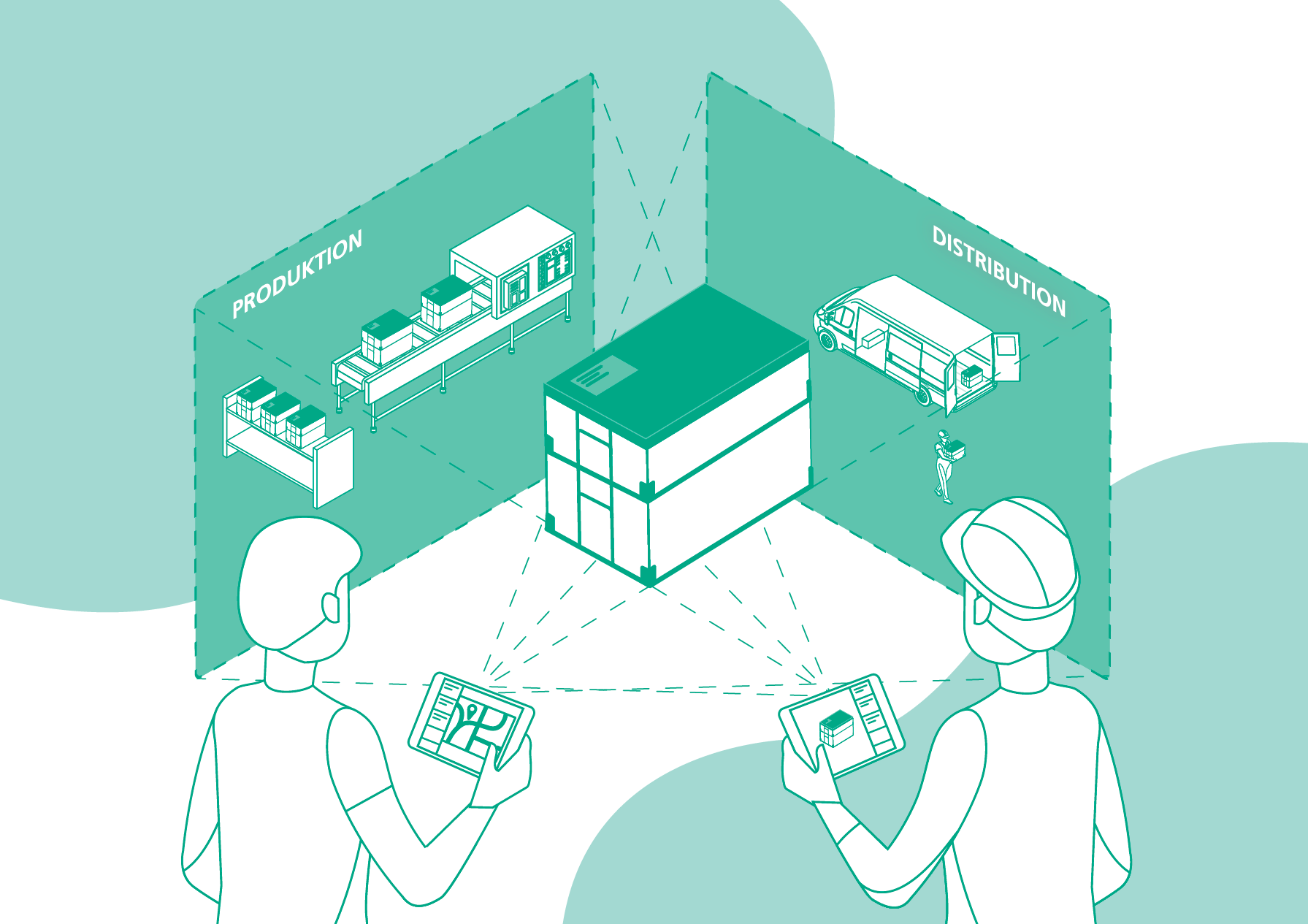There are currently a number of different concepts and approaches to Digital Product Passports based on different technological and legal foundations. All of them have in common the goal of increasing information transparency for actors along the value chain and in this way enabling, for example, more targeted end-of-life concepts or innovative business models of the Circular Economy.
At Fraunhofer CCPE, researchers are specifically concerned with the transition of information between different actors towards the end-of-life. Thus, the transitions between manufacturer and user as well as user and end-of-life are primarily considered.
Product use often causes a break in information. This leads to a situation where, for example, relevant information on the materials used in a product is not passed on for dismantling and recycling. Consequently, suboptimal decisions are made at the end of life on how to handle the product. In this context, besides conceptual and organizational issues, implementation aspects and user needs are also considered in CCPE research. For example, targeted visualization concepts should enable users to assess the implications of their end-of-life decisions on the basis of data and to act accordingly.
